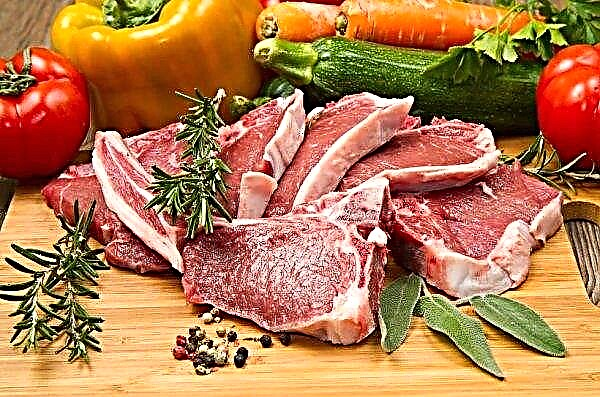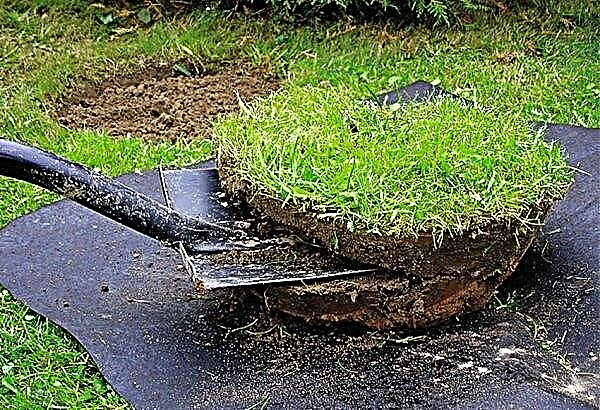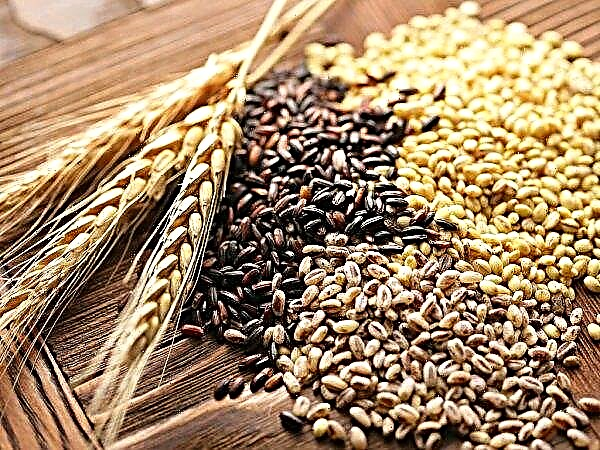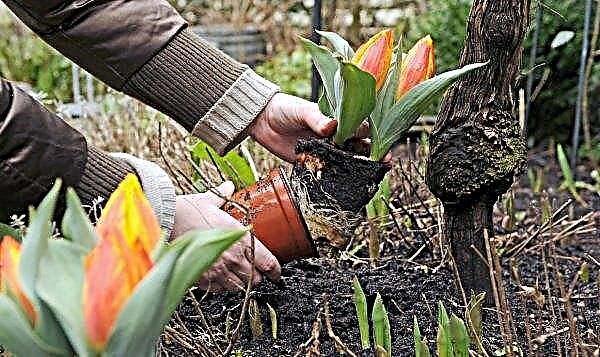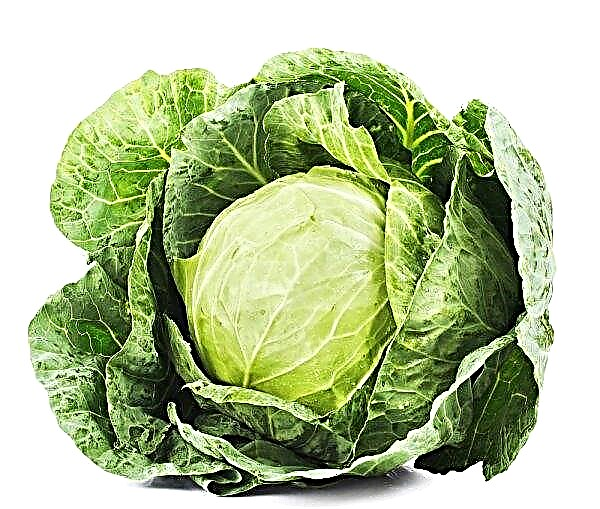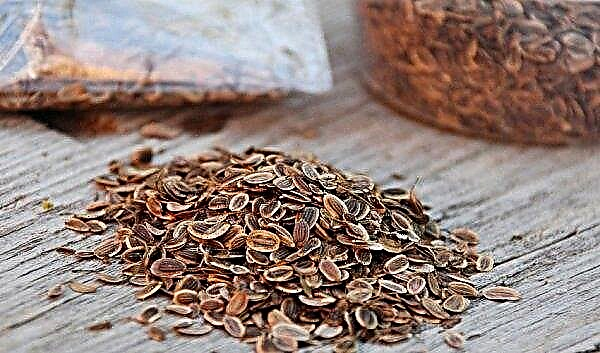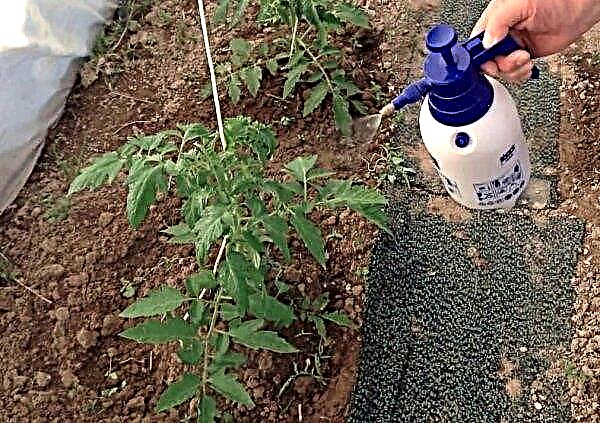In India, the sowing company of soy, cotton, rice and corn, due to the lack of monsoon rains in the central and western parts of the country, has been postponed for at least two weeks.
A decline in soybean production could force India to increase imports of edible oils such as palm oil and soybean oil, while a drop in cotton production could limit exports to the world's largest fiber producer.
Reduced rice production may affect its supply abroad; India is the world's largest rice exporter. “Monsoon rains are delayed. Farmers could not start sowing on time, ”said Atul Ganatra, president of the Cotton Association of India.

According to preliminary data from the country's Ministry of Agriculture, at the moment, farmers planted 8.22 million hectares, which is 9% less than in the same period a year ago. Cotton sowing decreased by 9.4%, and soybean sowing fell 51%.
The monsoons generate about 70% of the annual rainfall in India and are the lifeblood of its economy by $ 2.5 trillion, stimulating farm production and increasing spending in rural areas, from gold to cars, motorbikes and refrigerators.

Farmers cannot use water from reservoirs, since many of them have dried up after last year's rainfall deficit in the regions of West India.



